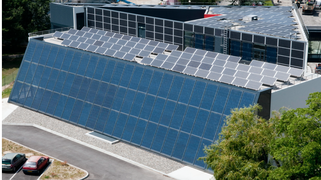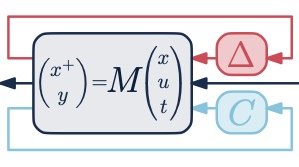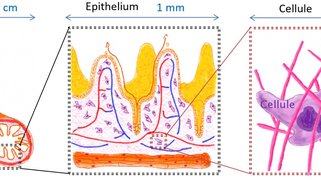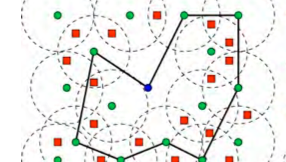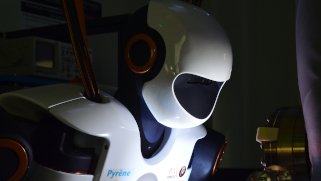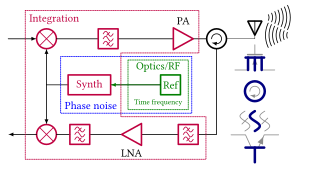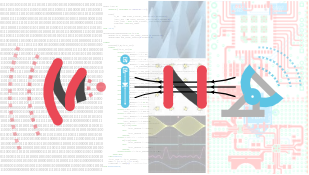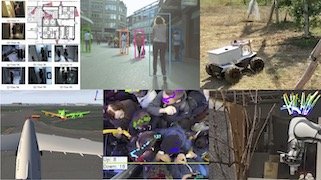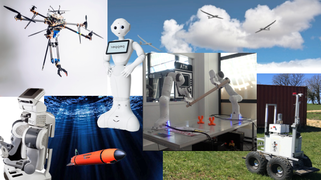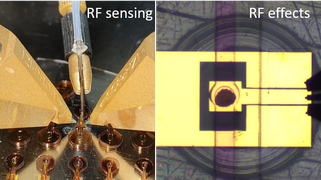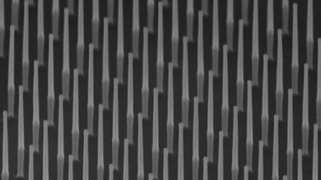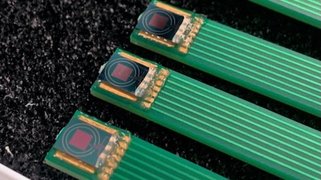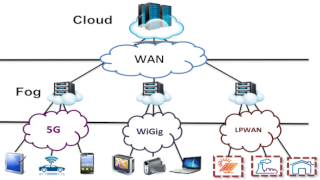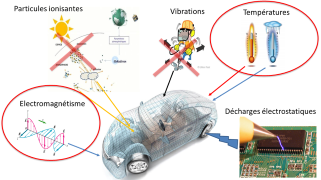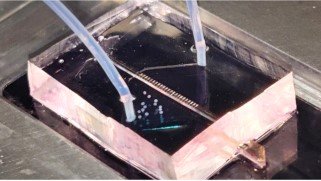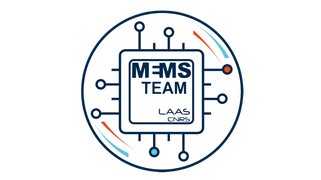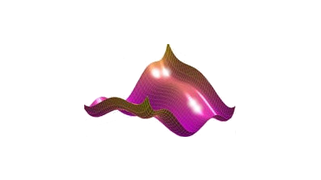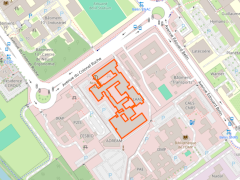Teams
Toutes les équipes du labo ...
Diagnosis and Supervisory Control : DISCO
The DISCO team conducts broad-spectrum methodological research in the field of diagnostics and health monitoring of complex systems, a research theme at the frontier between Automatic Control and Artificial Intelligence.
The PHOTO team works on photonic and photovoltaic integration in embedded systems.
Power Management System Integration : ISGE
The research carried out by the Integration of Energy Management Systems team ranges from power components to energy management systems based on wide bandgap materials (GaN, SiC and Diamond), in order to meet the challenges of large-scale electrification.
Methods and Algorithms in Control : MAC
The MAC Team does research in the field of systems and control theory. We develop a mathematical and theoretical basis for dynamical systems control, including modeling, design, analysis and optimization.
Engineering in Life Sciences Applications : ELIA
Researchers : Bastien Venzac - Christophe Vieu - Christophe Thibault - Etienne Dague - Laurent Malaquin
Operations Research, Combinatorial Optimization and Constraints : ROC
Team ROC works on combinatorial optimisation problems, and on the algorithmic methods to solve them, bridging Operations Research and Artificial Intelligence.
Movement of Anthropomorphic Systems : GEPETTO
The research activity of the Gepetto team is focused on the analysis and generation of movement of anthropomorphic systems. Created in 2006, it quickly became one of the leading teams in humanoid robotics, unanimously recognized for its expertise in movement …
Microwaves and Opto-microwaves for Telecommunication Systems : MOST
The MOST team's research activities focus on the advanced design of integrated microwave and hybrid opto-microwave systems, in the fields of telecommunications, defense and space, with a particular attention on the generation, conversion, filtering and distribution of microwave and millimeter …
MIcro et Nanosystèmes pour les Communications : MINC
The MINC team focuses its research on wireless communicating systems, with particular emphasis on physical measurement in constrained environments, cyber security implemented at hardware level, 3D radar imaging and energy autonomy.
ROBOTICS, ACTION AND PERCEPTION : RAP
The research conducted by the RAP team concerns the design, prototyping, implementation and evaluation of algorithms for: visual perception; sensor-based control and navigation; interactive mobile manipulation; multi-sensor data modeling and fusion.
Robotics and InteractionS : RIS
The "Robotics and InteractionS" team develops a research project on autonomous mobile machines that integrate perception, reasoning, learning, action and reaction capabilities. The challenge is on their capacity to act rationally in dynamic environments to achieve a large variety of …
High Frequency and Fluidic Micro and nanosystems : MH2F
The scientific context of the team focuses on the interaction and exploitation of electromagnetic fields with complex environments.
OpticAl Sensors and smart Integrated Systems : OASIS
Texte à modifier dans l’interface d’édition: champ 'description' de la page Equipe.
Materials, Processes and Nanodevices : MPN
The MPN team has a transversal research activity ranging from the synthesis of new materials with unique properties, through their shaping at nanoscale and finally to the fabrication of innovative nanodevices. Research themes include dopant engineering for nanoelectronics, advanced materials …
Microsystems for Analysis : MICA
Our team studies and develops microsystems dedicated to environmental analysis in liquid phase and gas phase, based on expertise in different transduction modes, on the shaping and integration of materials, and on the instrumental chain allowing the implementation of sensors.
Services and Architectures for Advanced Networks : SARA
The SARA team works on new-generation networks and communication systems.
Embedded Systems and Energy : ESE
Research done by ESE team aims at studying, characterizing, modeling and improving the robustness and reliability of embedded electronic systems (e.g. for automotive, aerospace or energy management applications) which operate in critical environments: environment with thermal constraints and existence of …
MIcro-Nanofluidics for Life science and Environment : MILE
MILE team addresses biophysics-related scientific questions thanks to microfluidic technologies. We focus on the interplay between permeability, mechanical properties, and biological activity of tissues and cells. Applications range from the role of mechanics in cancer to filtration, and cell sorting …
Smart Sensing and SystemS Monitoring : S4M
Texte à modifier dans l’interface d’édition: champ 'description' de la page Equipe.
Multi-scale Modeling of Materials : M3
The M3 team develops original and predictive atomic-scale models to understand the properties of matter. The goal is to support experiments, guide and control technological processes, enhance material performance, and contribute to innovation.
Reactive and Energy Storage Materials (MRS) : NEO
Our research efforts focuses on metal oxides for the production and chemical storage of energy.
Microelectromechanical systems : MEMS
The MEMS team develops strategies to enhance the performance, reliability, and integration of MEMS devices. New functionalities and transduction mechanisms based on nanomaterials, biomaterials, and polymer technologies are also explored for applications in instrumentation, the environment, and healthcare.
The POP team focuses on solving notoriously difficult and non-convex polynomial optimization problems, arising from several adjacent fields.
Trustworthy systems: foundations and practices : TRUST
A computing system is said to be "trustworthy" if it delivers a service in which users can have justified confidence. The TRUST team is interested in the methods, tools and processes that enable trust to be justified. *TRUST was created …

